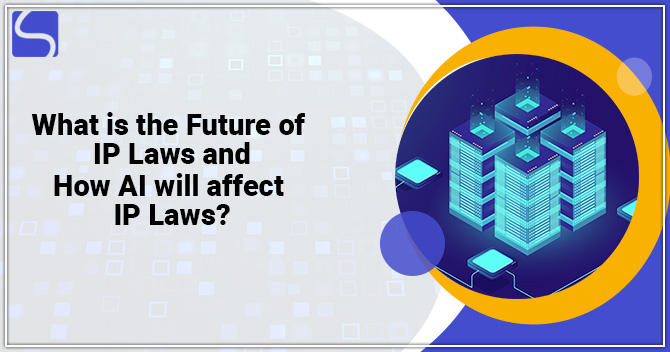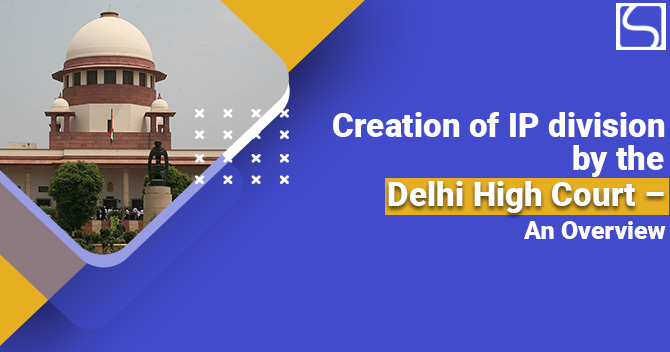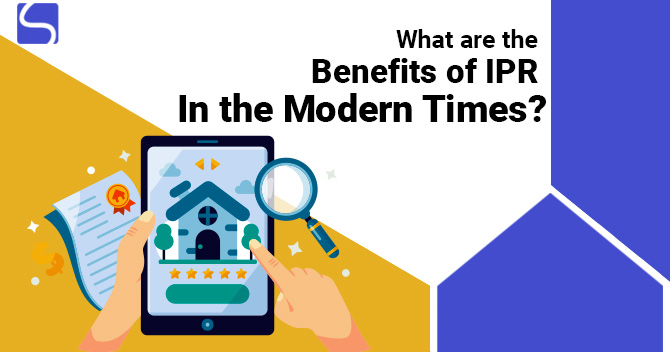What is the Future of IP Laws and How AI will affect IP Laws?

Karan Singh | Updated: Sep 10, 2021 | Category: Intellectual Property
In this digital world, almost everyone is surrounded by the latest technology, from smartphones to highly skilled robots. Even today, humans developed robots that can work better & faster than humans. There is no doubt regarding the work accuracy done by technology. But, it can be dangerous for human beings in future because it is assuming that if humans continuously developing robots, then there is a chance in the future where robots take over human beings’ work. There are also many Hollywood movies that are totally based upon how robots took over all human beings and ruled the world. So, it is important for us to look into these things. In this write-up, we will discuss the future of IP laws and how AI (Artificial Intelligence) will affect IP Laws.
Table of Contents
What are AI and IP?
Before we discuss the future of IP Laws and how AI will affect IP Laws in the future, it is essential to understand the meaning of AI and IP.
- AI (Artificial Intelligence): It imitates human intelligence processes by robots or machines, especially computer systems. Exact applications of Artificial Intelligence include speech recognition (like Alexa), expert systems, and machine vision. Artificial Intelligence requires a basis of dedicated hardware and software for a training & writing machine learning algorithms. No programming language is synonymous with Artificial Intelligence, but a few comprising R& Java, Python.
- IP (Intellectual Property): IP is a category of property that comprises intangible creations of human intelligence. There are different types of Intellectual Property, and some nations recognise more than others. The most popular types are Trademarks, Copyrights, Trade Secrets, and Patents. Basically, the term “Intellectual Property” began to be used in the 19th century, though it was not until the late 20th century that IP became commonplace in the majority of legal systems of the world. The primary purpose of IP law is to promote the creation of a wide variety of intellectual goods. To get this, the law gives people & businesses property rights to the details and intellectual goods they create, usually for a limited duration of time.
Background – Future of IP Laws
Artificial Intelligence is not new; we all are aware of AI. When machines or robots work in a human-like manner, we call it Artificial Intelligence. Artificial Intelligence is a mixture of different opinions on AI development or advancement. Some say that Artificial Intelligence will replace human beings and will become robust than mankind, while others applauded the AI advancement and claimed that it would improve the quality of human life.
As we are all aware that the work created by our mind or intelligence safeguarded is safeguarded by IP laws. However, when it comes to Artificial Intelligence, IP rights of ownership over the work created by Artificial Intelligence is unknown today. Our Intellectual Property Laws safeguard the work created by humans, not machines, so the question is how IP Laws will deal with such types of creations.
What is the Conflict Between AI and IPR?
It’s surprising that many big entities like IBM and Microsoft have filed Patent applications on Artificial Intelligence and have been issued a Patent over AI technologies. Many companies around the world are investing billions of money in the development of Artificial Intelligence. There are three different categories in Artificial Intelligence given by WIPO or World Intellectual Property Organisation. These are perception systems, expert systems, and natural language systems. Perception Systems deal with the simulation of human intelligence by Artificial Intelligence. Natural Language Systems deals with the grammatical errors & meaning of words used by Artificial Intelligence. Expert Systems are linked with the complex problems solved via the data shown in Artificial Intelligence.
In the coming years, there are many people who think that AI can file and issue Patent applications that can be dangerous to the rationale behind IPR Laws, and AI will affect the future of IP Laws. IP Laws are meant to safeguard the original work created by the human. Intellectual Property Laws deal with the work produced by the innovative work. In 2016, the US Copyright Office had rejected the application for protecting the actual work created by a machine. There are many questions in which way AI created a new invention with humans, will AI have a right to safeguard the same under the Patent Law? Or Can AI enforce its rights? What about the damages if an AI violated other’s rights? How will the damages be determined & who will pay the same? These questions will tell the future of IP Laws and how AI will affect IP Laws in the upcoming future.
At present, if we look at different IP Laws in the world, these laws are not able to answer these questions as we discussed above. For example, according to the US Patent Laws, the inventor is mentioned as a living being who invest or discover the invention or innovation. Thus, it is clear that Patent Laws of the US don’t comprise inventions created by machines. There is an awful need felt by different nations to revisit their IP Laws to include the work created by AI machines.
AI and Other Intellectual Properties – Future of IP Laws

- AI and Patent: It is assured that Artificial Intelligence will create a brawl in the Patent business. There are various viewpoints raised by different Law firms & Jurists on whether the invention created by Artificial Intelligence should be granted a Patent or not. If the Patent is issued to the same, who will be the holder or the software developer of the Artificial Intelligence? There is no other group that supports the idea that the innovation created by Artificial Intelligence should be issued a Patent. They think that it will aid in developing more innovative machines in the upcoming future. While other viewpoints is that it will obstruct the development or advancement of the technology as there will be a monopoly of definite groups and an increase in research cost as well.
- AI and Copyright: Copyright authorises the author to safeguard their work. The work can be dramatic, literary, musical, artistic work, etc. The foundation behind Copyright is to safeguard the work of the creative mind. With the help of advanced technology, Artificial Intelligence can create actual work without any human interference. At present, it is a concern whether the work created by Artificial Intelligence is safeguarded or not. As per the Indian Copyright Law, it looks difficult to safeguard the work created by Artificial Intelligence. So, we can split the work of Artificial Intelligence with human interference, and the second one will be the work created by AI with humans.
- AI and Trademark: From smartphones to smart refrigerators or smart AC, we have fulfilled our regular commitments with the assistance of Artificial Intelligence. When we search or order for anything online, we find the topmost brands. However, there is a big chance that AUI can obstruct the competition in the market because of their selective approach. It’s very tough to find out how AI can violate Trademarks. There is an awful need for new rules & regulations in the Trademark concerning Artificial intelligence[1].
Conclusion
After discussing the future of IP Laws and how AI will affect IP Laws, it is clear that at present, IP Laws are not enough to deal with AI-related work or creations or innovations. Every year, we are entering into a different dimension in technology. Today, almost every person around the world using smartphones, from fingerprints to face IDs; we all use Artificial Intelligence in our smartphones.
All Intellectual Property Laws talks about the work that is created by the humans’ mind and is entitled to protection. Similarly, the Patent Laws talk about the inventions made by human beings & the same goes for Trademark laws as well. The author believes that its the demand of recent times to modify the IP Laws concerning AI. Artificial Intelligence shouldn’t be the owner of their innovation/work; rather, the software developer should be the holder and be held eligible for the acts committed by the Artificial Intelligence.
Read our article:Copyright Laws and IPR Laws – Know the Differences














